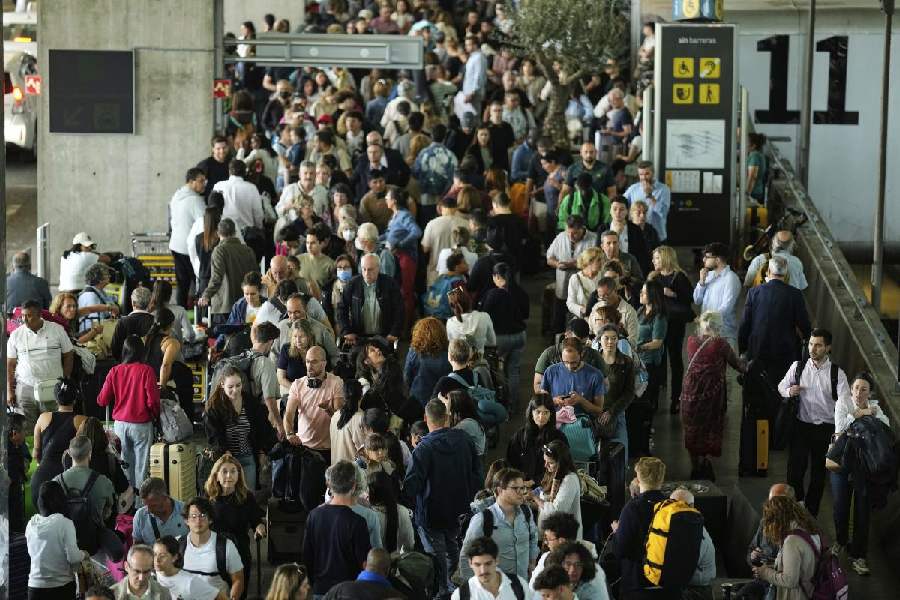
Spain’s High Court announced on Tuesday that it will launch an investigation into Monday’s power outage that swept across nearly all of the Iberian Peninsula, affecting millions in Spain and Portugal.

The probe aims to determine whether the blackout may have been caused by a cyberattack. If proven, the incident would be treated as an act of terrorism, according to court documents released by Judge Jorge Calama.
Spain’s national grid operator, Red Eléctrica de España (REE), however, said its preliminary assessment has all but ruled out the possibility of a cyberattack.

Prime Minister Pedro Sánchez confirmed that cybersecurity authorities are conducting a parallel investigation into the matter.
“What happened yesterday cannot ever happen again,” Sánchez told reporters.
He dismissed speculation that the blackout had been triggered by excess electricity from renewable sources, adding that technicians were still working to identify the precise cause.

“The results of their enquiries will be used to reinforce the system,” he said.
The outage grounded flights, halted metro systems, disrupted mobile communications, and shut down ATMs across the Iberian Peninsula.
Power has since been restored to nearly all affected areas.
Portugal’s grid operator REN confirmed Tuesday morning that all 89 substations were back online since late Monday night, restoring electricity to all 6.4 million customers.

Initial reports point to a fire on the Alaric mountain in southwest France, which destroyed a high-voltage power line between Perpignan and Narbonne, as a potential trigger.
Spanish officials believe a power “oscillation” disrupted the Spanish-French interconnector, forcing the Spanish grid into “islanding” mode—a separation from the larger European network—which then triggered cascading generator failures.
Spain’s meteorological agency AEMET reported no unusual atmospheric phenomena or temperature spikes on Monday, ruling out weather-related causes.
Despite the widespread disruption, officials in both countries have downplayed the possibility of sabotage.
Portugal's National Cybersecurity Center stated on Monday that there were no signs of foul play.

European Council President Antonio Costa and Teresa Ribera, an executive vice president of the European Commission, also ruled out cyberattacks and sabotage.
Ribera described the outage as “one of the most serious episodes recorded in Europe in recent times.”
Australia’s leading grid expert Bruce Miller weighed in on the blackout, posting on LinkedIn: “Conductors clashed on the HV (high voltage power line) due to excessive sag caused by high temps and wind. This caused a few faults which can be seen in the frequency traces and eventually resulted in the interconnector to France tripping. Power imbalance then caused the Iberian system to collapse.”
The incident came just over a week after Spain celebrated a historic milestone in clean energy production.
On April 16, REE posted on LinkedIn that renewables were supplying more than 100 per cent of the country’s electricity demand, peaking at 100.6 per cent.
Solar energy alone later hit a record output of more than 20 gigawatts, and over the past month, wind, solar, and hydro contributed an average of 68 per cent of the national electricity demand.

Portugal, which also relies heavily on renewables, has reached 100 per cent net renewables multiple times.
Experts now suggest that both countries may have overlooked a crucial component—battery storage, according to a report in the Reneweconomy.
Without this technology, which acts as a shock absorber in power systems, the grids were left susceptible to frequency disruptions.







